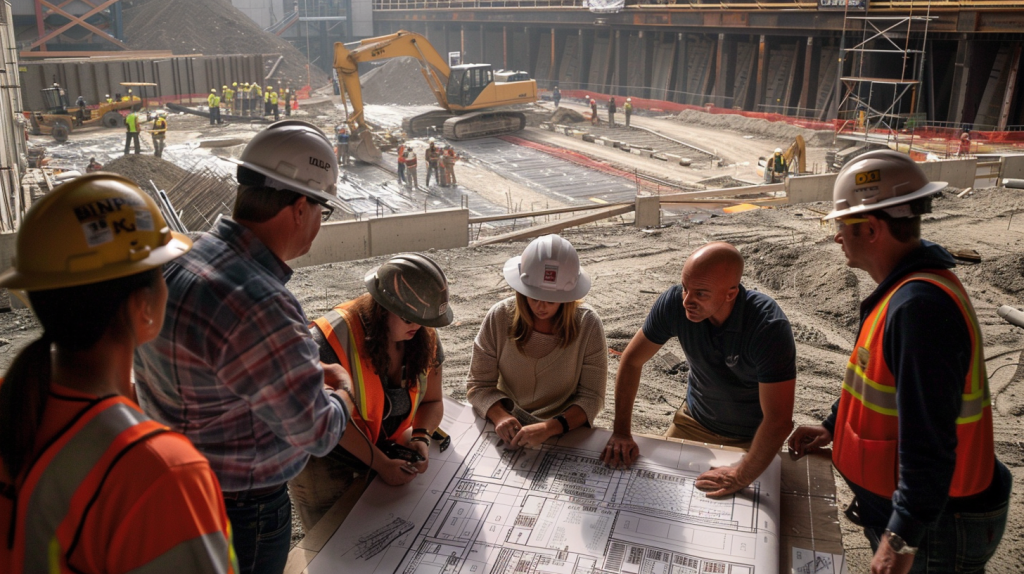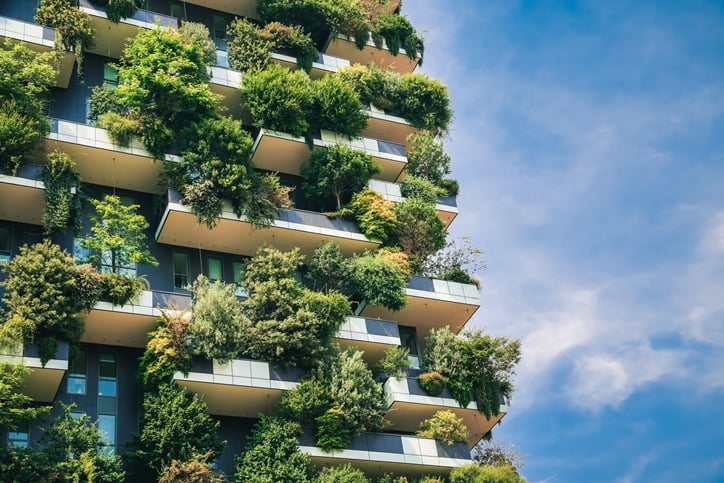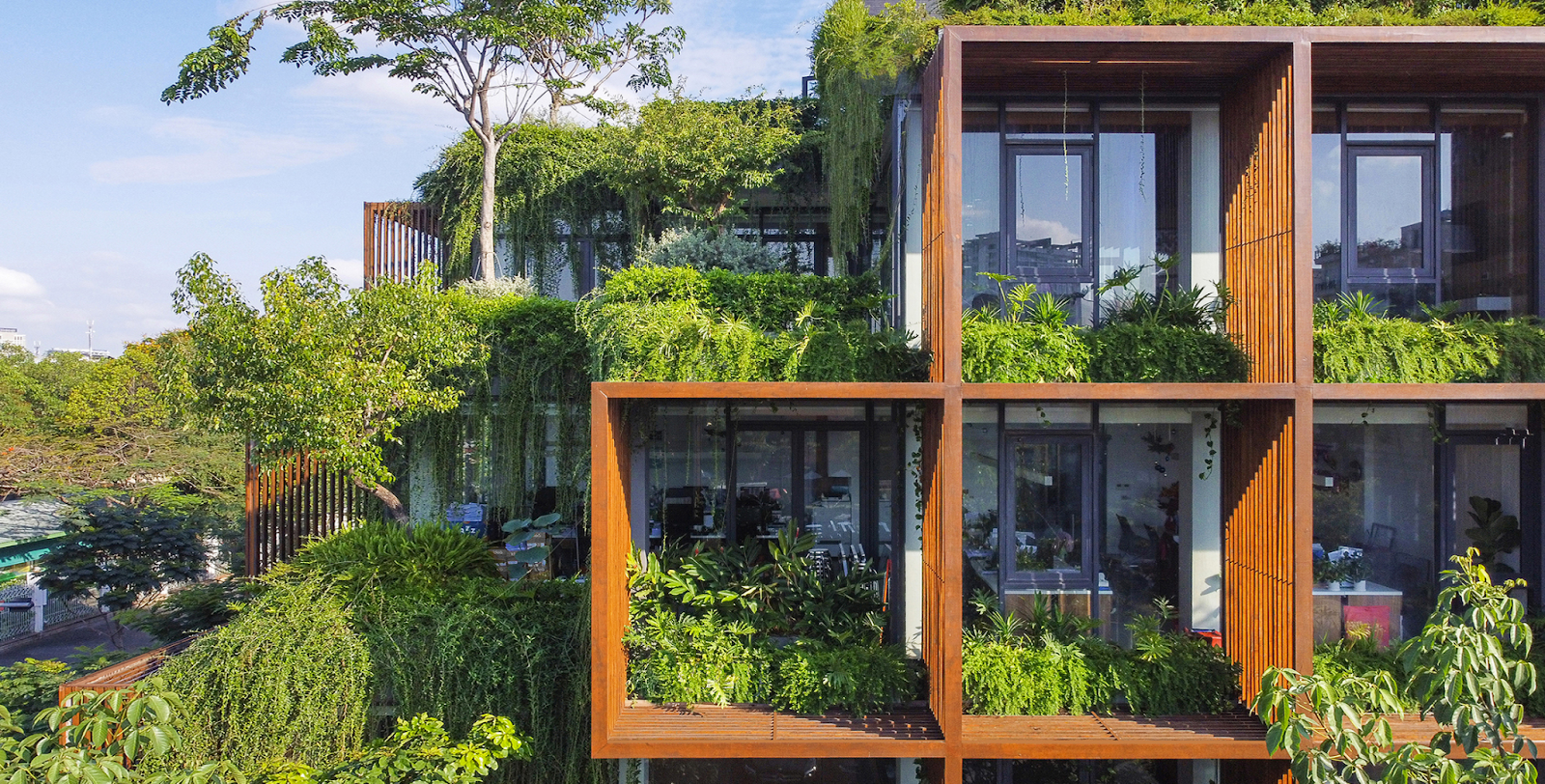Efficiency isn’t just about cost or speed. It’s about sustainability. At Tribus International, we understand that how a project is scheduled directly impacts its environmental footprint — from fuel consumption to labour hours to material waste.
Sequencing for Sustainability
Smart scheduling minimizes idle time, reduces redundant trips, and allows for just-in-time delivery, cutting unnecessary emissions and on-site congestion.
Our planning teams work to:
– Optimize material flow logistics to limit packaging and storage loss
– Align labour deployment to reduce site energy usage
– Schedule low-impact construction windows (e.g. avoiding high heat days to cut cooling needs)
– Phase works to enable reuse of temporary structures and scaffolding across builds
This results in leaner builds, lower emissions, and less stress on the local environment and communities.
Tech-Driven Precision
Using project scheduling software integrated with GIS, sensor data, and AI-based forecasting, we’re able to anticipate bottlenecks and reroute operations without delays. This not only maintains build pace, but ensures we meet our sustainability KPIs in real time.
We also simulate impact scenarios to pre-empt wasteful overlaps — such as when demolition, delivery, and installation activities might conflict.
Conclusion: Timing is Everything
At Tribus, we know that sustainability is won or lost in the details — and timing is one of the most powerful levers. By aligning schedules with environmental outcomes, we create smarter, cleaner, and more cost-effective builds from the inside out.






